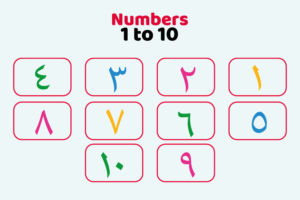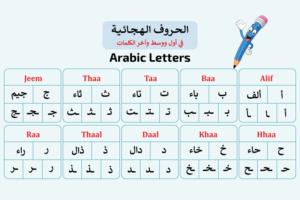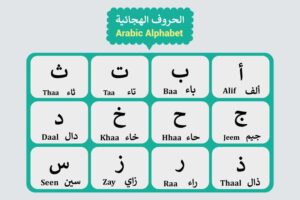
How to Learn Arabic Fast: A Beginner’s Guide
Learning Arabic can seem daunting, especially for beginners. With its unique script, intricate grammar, and diverse dialects, Arabic is a language that requires dedication and the right strategies to master quickly. This guide offers practical tips to help beginners accelerate their Arabic learning journey.
1. Start with the Basics: Arabic Alphabet and Pronunciation
The first step in learning Arabic is familiarizing yourself with the Arabic alphabet and pronunciation. Unlike the Latin alphabet, Arabic consists of 28 letters, each with a distinct shape depending on its position in a word. Spend time practicing each letter’s sound and how it changes in different contexts. This foundational knowledge is crucial for reading, writing, and understanding Arabic.
2. Immerse Yourself in the Language
Immersion is one of the most effective ways to learn Arabic quickly. Surround yourself with the language through Arabic music, movies, podcasts, and TV shows. Try to listen and watch content with subtitles at first, then gradually move to content without them. This will enhance your listening skills and help you grasp the rhythm and intonation of spoken Arabic.
3. Practice Speaking with Native Speakers
Speaking regularly with native Arabic speakers is essential for developing fluency. Platforms like Bis school, or language exchange groups can connect you with native speakers willing to help beginners. Don’t be afraid to make mistakes; they are an integral part of the learning process. The more you practice, the faster you’ll improve your conversational skills.
4. Focus on Common Phrases and Vocabulary
For beginners, it’s practical to start with the most common phrases and vocabulary used in everyday conversation. Learning these will allow you to engage in basic interactions and understand simple dialogues. Create flashcards or use language apps to reinforce your memory of these words and phrases.
5. Utilize Language Learning Apps
Language learning apps are a fantastic tool for beginners who want to learn Arabic quickly. Apps like Duolingo, Babbel, and Rosetta Stone offer structured lessons that gradually introduce you to the language. These apps often include interactive exercises, quizzes, and daily challenges to keep you engaged and motivated.
6. Set Realistic Goals and Track Your Progress
Setting clear, achievable goals is key to maintaining motivation when learning Arabic. Break down your learning objectives into daily, weekly, and monthly goals. For example, aim to learn five new words daily or complete one lesson on your language app each day. Tracking your progress will help you stay focused and see how far you’ve come.
7. Join Online Communities and Forums
Engaging with online communities and forums dedicated to Arabic learners can provide support and additional resources. Websites like Reddit, Bis school Communities, and various Facebook groups are great places to ask questions, share tips, and connect with other learners.
8. Be Patient and Consistent
Lastly, patience and consistency are crucial for learning Arabic or any new language. Understand that mastering Arabic will take time, and there will be challenges along the way. However, with regular practice and a positive mindset, you can achieve fluency faster than you might expect.
Conclusion
Learning Arabic fast as a beginner is achievable with the right approach. By focusing on the basics, immersing yourself in the language, practicing speaking, and utilizing various resources, you can make significant progress in a relatively short time. Remember to set realistic goals, stay consistent, and engage with a community of fellow learners to keep your motivation high. Arabic is a rich and rewarding language, and with dedication, you can master it faster than you think.



